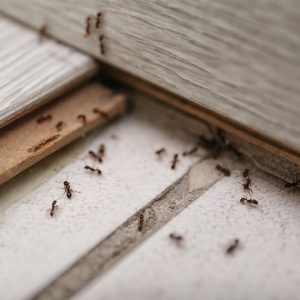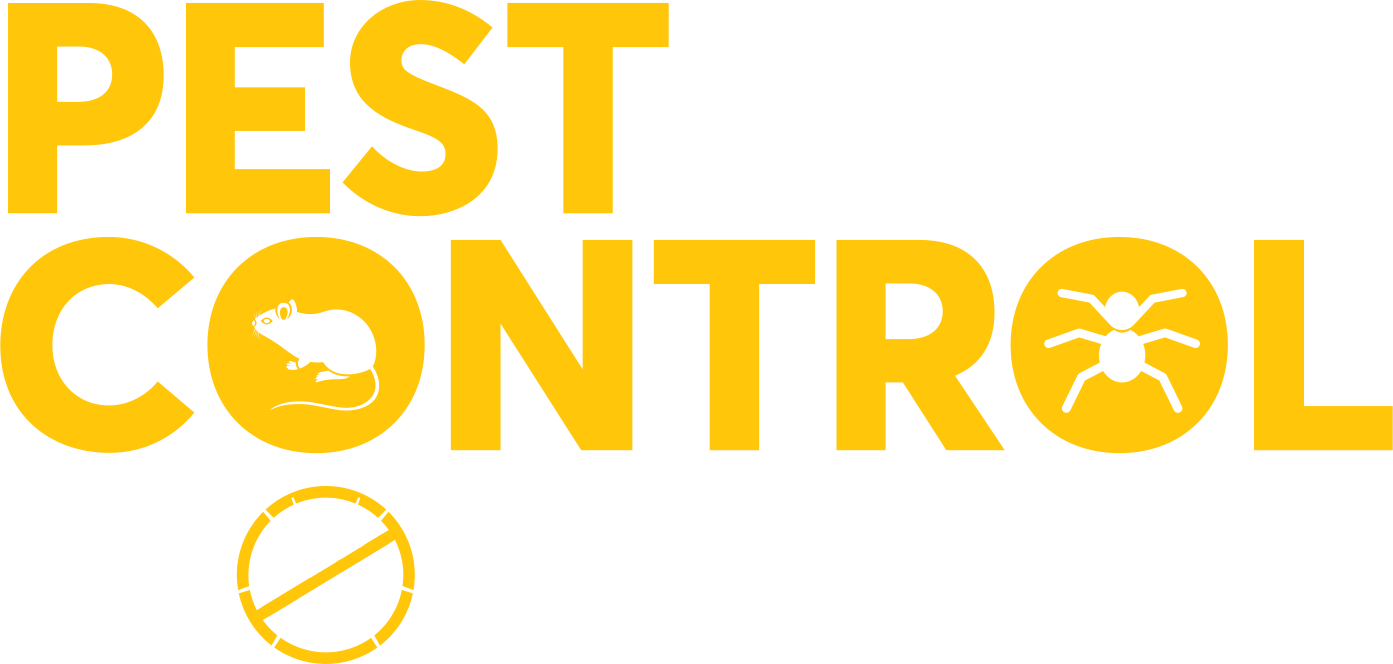Dealing with an ant infestation can be frustrating and time-consuming. While some home remedies may provide temporary relief, professional pest control services offer the expertise and solutions needed for long-term ant management. Knowing what to expect when the exterminators come and how to prepare for their visit can help ensure the ant control treatment goes smoothly and effectively.
Signs that it’s time to contact professional ant control services include multiple nests around the home, ants entering the house and swarming indoors, and continued ant activity after trying DIY remedies.
Exterminators have the technical knowledge to identify different ant species, locate nests, and determine the extent of the infestation. They also have access to specialised equipment and commercial-grade insecticides that aren’t available to homeowners. This allows them to implement targeted treatments that eliminate ants at the source and prevent recurring infestations.

What Professional Services Offer:
Inspection: The first step is a thorough inspection of the property by the exterminator to locate and identify all ant nests and entry points into the home. Technicians look in crawl spaces, under slabs, around the foundation, in walls, and other areas ants may hide. Correctly identifying the ant species determines the most effective treatment since different species behave differently. The goal is to understand the extent of the infestation.
Treatment Options: The main ant treatment methods used by exterminators include liquid sprays, baits, dusts, and insect growth regulators. Treatment choice depends on the ant species, nest locations, and infestation extent. For example, baits work well for sweet-eating ants while sprays are better for destroying large exposed nests. Non-chemical options are also available, including heat treatments for whole structures. Follow-up visits ensure treatments are working fully.
Follow-up: Controlling an established ant colony requires persistence. Even after initial treatments by the exterminator, some ants may survive and recolonise. Pest control technicians will monitor areas after service and provide additional targeted treatments as needed. They can also recommend changes to limit ant access like sealing cracks. Ongoing monitoring prevents ants from returning.
Choosing a Professional Service
Selecting a reliable and experienced pest control company such as Pest Control Works is key to ant eradication success. Warning signs of unqualified companies include very low prices, making claims without inspecting the property, and offering one-time treatments only.
Things to ask potential services include:
- Are they licensed in your state/area?
- Do they have experience with ant control specifically?
- Will they provide a thorough inspection of your property?
- What treatment methods do they use?
- Will they provide follow-up monitoring and retreat if needed?
Reputable companies will answer questions and provide details on their protocols. Checking reviews and comparing several pest control services is wise. While costs are a consideration, cheapest is not necessarily best for effective ant removal. Investing in a quality exterminator often saves money long-term by preventing recurring infestations.
To prepare for the pest control technician’s visit, declutter access areas, keep pets contained, and ask about any preparation needed. Allow full access to the property for inspection and treatment.








